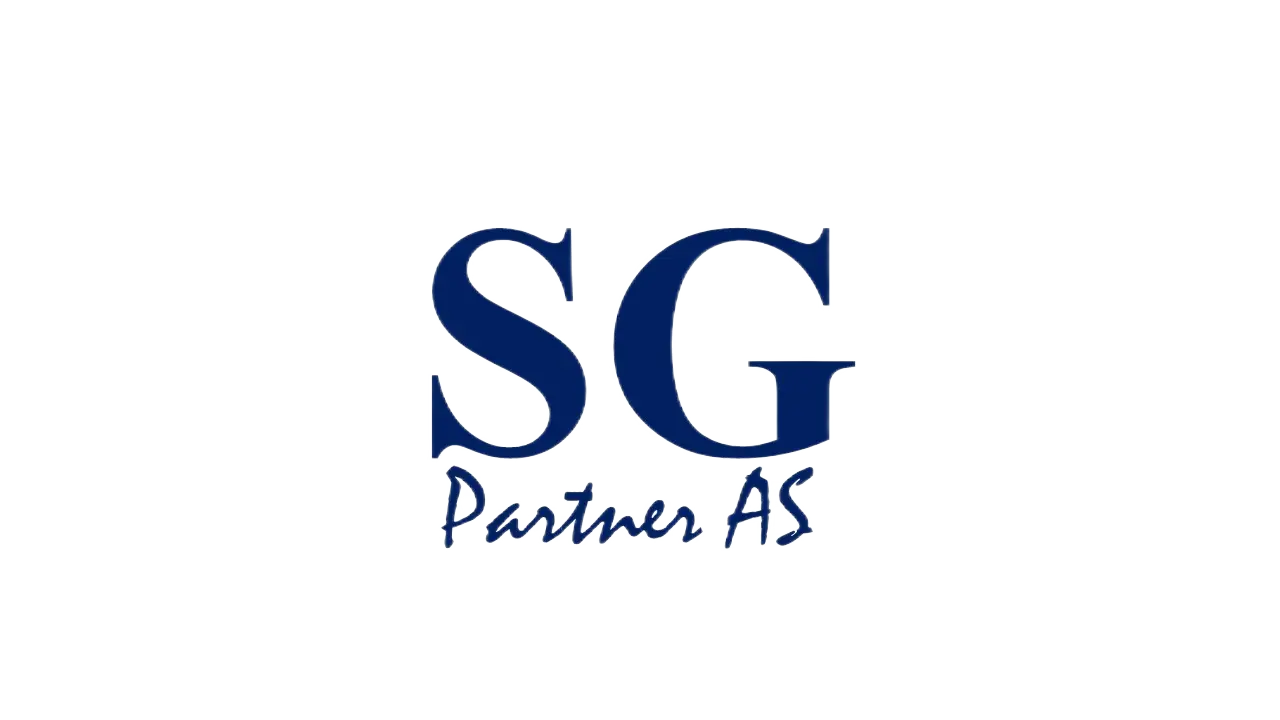Introduction to Programming Course Overview The Introduction to Programming course comprises sessions dealing with variables,expressions,conditional statements,collections,iterative statements,functions,objects,compilation and execution,and best practices. This hands-on course does not concentrate on any one language in particular,rather its aim is to familiarise delegates with standard programming terminology,structures,and principles. Examples are given in three languages – Python,Java,and JavaScript – and delegates may choose any one of these languages with which to carry out the practical exercises. Exercises and examples are used throughout the course to give practical hands-on experience with the techniques covered.
COURSE OBJECTIVE:
Course Objectives This course aims to provide the delegate with the knowledge to be able to produce simple computer programs that demonstrate an understanding of the three core principles of programming – sequence,selection,and iteration. Delegates will also be exposed to functions,objects,and both procedural and object-oriented programming paradigms. The course further aims to prepare delegates to go on to learn any one of many programming languages in detail.
TARGET AUDIENCE:
Who will the Course Benefit? This Introduction to Programming course is designed for those new to programming,who want to learn about the terminology,structures,and principles of programming generally. Attending this course will provide delegates with the prerequisite knowledge and required skills to go on to learn any programming language in detail,e.g. Java,JavaScript,Python,C,C++,C#,PHP,Perl,Ruby,etc.
COURSE PREREQUISITES:
Requirements Delegates should be able to navigate the filesystem,edit a file,and browse the web. No programming experience is necessary.
COURSE CONTENT:
Introduction to Programming Training Course Course Contents – DAY 1 Course Introduction • Administration and Course Materials • Course Structure and Agenda • Delegate and Trainer Introductions Session 1: INTRODUCTION • Thinking Like a Computer • Input/Output • Storage • Arithmetic • Comparison • Decisions • Repetition • Reuse • What is a Program? • Statements • Comments • What is Code? • From Source Code to Runtime • Why So Many Languages? • What Does a Programmer Do? • Hello World • stdin and stdout • The Console Session 2: VARIABLES • Variables – What and Why • Name and Value • Literals • Data Types • Declaration • Initialisation • Assignment • Constants Session 3: EXPRESSIONS • Expressions – What and Why • Operators and Operands • Unary and Binary Operators • Arithmetic Operators • Assignment Operators • Precedence • Associativity • Complex Expressions Introduction to Programming Training Course Course Contents – DAY 2 Session 4: CONDITIONAL STATEMENTS • Conditional Statement – What and Why • Comparison/Relational Operators • Logical Operators • if else • switch • The Ternary Operator • Code Blocks • Variable Scope Session 5: COLLECTIONS • Collections – What and Why • Strings • Arrays/Lists • Declaration • Initialisation • Getting and Setting Elements Session 6: ITERATIVE STATEMENTS • Iterative Statements – What and Why • while • do • for • break • continue • Array/List Traversal Session 7: FUNCTIONS • Functions – What and Why • Declaration • Parameters • Return Type • Invocation/Call • Arguments • Return Value • Variable Scope (Review) • Modules • Libraries • Procedural Programming Introduction to Programming Training Course Course Contents – DAY 3 Session 8: OBJECTS • Object – What and Why • Object Literals • Object Properties • The Trouble with Object Literals • Classes • Fields • Methods • Instances • Reference Variables • Primitive Variables • Passing by Val/Ref • Object Oriented Programming • The Three Principles Session 9: COMPILATION & EXECUTION • From Source Code to Runtime (Review) • Compilation • Debugging • Linking • Execution • Interpretation • Platform Dependence • Compilation and Interpretation (Bytecode) Session 10: BEST PRACTICES • Program Design • Stating the Problem • Devising the Solution • Pseudocode • Coding Conventions • White Space • Indenting • Naming • Coding Style • Readability • Flexibility • Scalability • Unit Testing • Test Driven Development (TDD)
FOLLOW ON COURSES:
Further Learning Java Programming 1 / Java Developer C# Developer Python Programming 1 Introduction to Python and Data Analysis PHP Developer Ruby Programming JavaScript Developer Object Oriented Analysis & Design Web Development 1 with HTML,CSS and JavaScript
